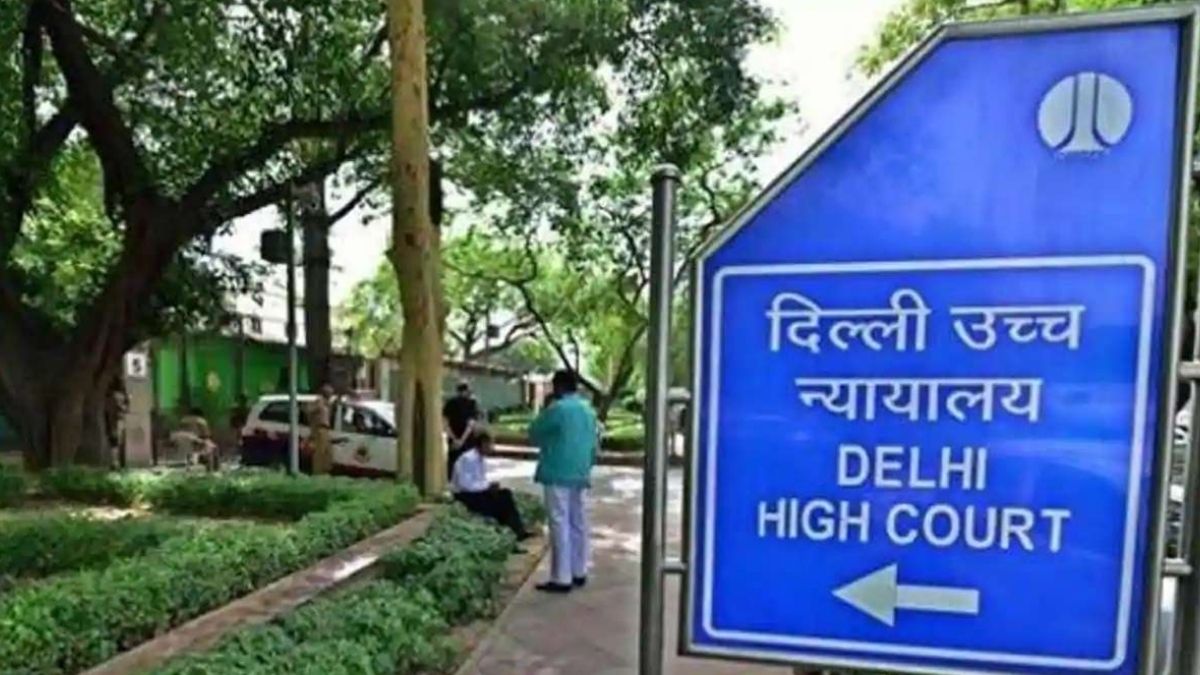Examination: The Delhi High Court on Thursday said that education is an important right and barring a student to attend classes or take exams mid-session due to fee non-payment is wrong.
What is the case?
The court’s observation came on a petition by a class 10 student of a private unaided school here whose name was struck off the roll due to non-payment of fees and who sought directions to be permitted to sit in the upcoming CBSE board examinations. While taking a “compassionate and sympathetic view” of the plea, Justice Mini Pushkarna said not allowing a student to take examinations, especially board examinations will be an infringement of his rights akin to the right to life. She, therefore, directed that the student be allowed to take the board examinations.
What did the petitioner claim?
The petitioner claimed he was unable to pay his school fees regularly on account of the financial losses faced by his father following the Covid-induced lockdowns. The court observed that if the petitioner is unable to pay the fees, he “certainly does not have a right to continue education in the school in question” but he “cannot be tormented in this manner in the middle of the academic session”.
A child cannot be made to suffer...
To balance the interest of both parties, the court said the petitioner should pay some amount towards the fees payable to the school. It directed the student to pay Rs 30,000 to the school within four weeks. “Education has been held to be essentially a charitable object, a kind of service to the community... A child cannot be made to suffer and not be allowed to attend classes or barred from taking examinations in the middle of an academic session on the ground of non-payment of fees,” said the court in an order passed this week.
What does the constitution say?
“Education is the foundation, which shapes the future of a child and which in turn shapes the future of the society in general. Therefore, not allowing a student to take examinations, especially the Board Examinations, would be an infringement of the rights of a child akin to the Right to Life as guaranteed under Article 21 of the Constitution of India," the court said.
A large sum of fees was due
It said the Supreme Court has expanded the rights under Article 21 of the Constitution and education is "certainly one of the important rights which would be encompassed under the right to life". The school told the court that a large sum towards fees totaling over Rs 3 lakh was due and payable not only by the petitioner but also to his sister who passed out in the last academic session. Being a private unaided school, it was not possible for the school to impart education if students do not pay their fees regularly, it said.
The court said in Indian society, board examinations were critical and the petitioner’s academic year cannot be allowed to be wasted. “A child’s future cannot be allowed to be spoiled and blemished by barring him/ her from taking examinations, especially at such a crucial juncture. In the context of Indian Society, Class 10th and Class 12th Board Examinations are vitally important and critical, having decisive repercussions and bearing on the future of a student,” the court observed.
“The petitioner cannot be directed to take admission in a new school when the current academic session has almost ended and the Board Examinations are around the corner. Not allowing the petitioner to take up the Board Examinations would put the petitioner at great hardship and the petitioner would suffer irreparable harm if he is not allowed to take up the examination,” stated the court.
ALSO READ | Education ministry seeks factual report from West Bengal govt on 'Azad Kashmir' question in book
ALSO READ | Private schools to pay back the extra money charged to the students during pandemic in UP

